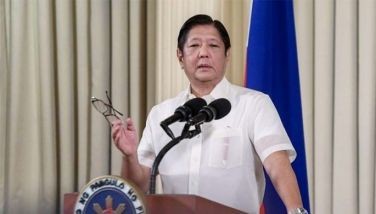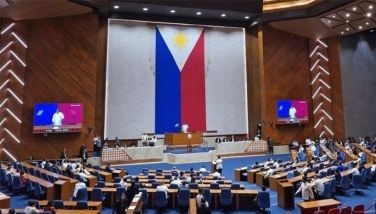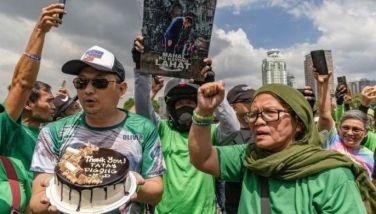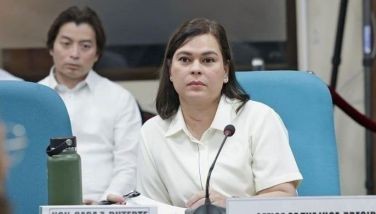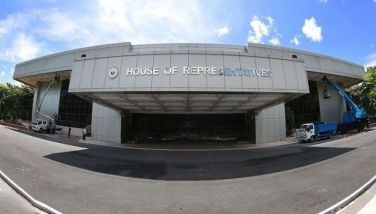Turmoil in Latin America

So much recent media attention on Latin America has focused on the political crisis and economic catastrophe in Venezuela — and with good reason. Here’s a country in which a ruling party that once won elections fairly has stripped parliament of power in response to opposition victories, stacked courts with political loyalists, and eliminated virtually all independent media. Opposition groups exert pressure on government only in the streets. Political violence has claimed hundreds of lives. An economy deeply dependent on faltering oil exports, distorted by ill-conceived policy gimmicks over many years, has produced shortages of the most basic consumer products, including food and water. Refugees in their thousands have fled into neighboring countries. Reports of a failed coup attempt in May involving officers from all four branches of Venezuela’s military come as no surprise.
Yet, though the challenges facing other major countries in the region are not as severe as in Venezuela, it’s clear that mounting problems and public anger have become common features throughout Latin America.
In Argentina, Mauricio Macri was elected president in 2015 on the promise of broad economic reform to reopen the country’s economy to foreign investment and kickstart growth after years of high inflation and financial isolation. In the beginning, Macri tried gradual adjustments to Argentina’s economy, but an underlying lack of investor confidence remained. This year, a run on the peso began in April after a rise in US Treasury yields provoked a sell-off in emerging markets, forcing Macri to turn to the International Monetary Fund (IMF) for help. Inflation has surged. The IMF will give Macri some political cover to pursue economic reforms that will impose more pain on the public, but he’s likely to pay a price for it, because voters elected him to free Argentina from the demands of relentless creditors. He will face more protests and an emboldened opposition. Next year’s national elections promise to be extraordinarily contentious.
Mexico’s mounting problems have now culminated in a momentous election and a landslide victory for Andres Manuel Lopez Obrador, the first “leftist” president elected since the 1930s. This explosion has been building for years. Public corruption, including stories that have involved the family of outgoing president Enrique Pena Nieto, has repeatedly made news. Homicides have reached record levels across the country, and there has been gang-related violence even in regions where it had been uncommon. Well-armed drug gangs have bought and bullied their way into control of entire towns in some parts of the country, and politicians challenge them at their peril. Some 130 politicians were murdered during this year’s election campaign.
Then there is Mexico’s troublesome neighbor to the north. Donald Trump began antagonizing Mexico in his very first speech as a presidential candidate in 2015. His confrontational approach has, of course, continued with the forced renegotiation of the North American Free Trade Agreement (NAFTA) with Mexico and Canada. As it became clear that Mexico would soon have a new president with a new, more skeptical public attitude toward NAFTA, Trump has said that talks on the deal will continue into 2019. Mexico and Canada, confident that Trump’s party and support base wants the deal to remain in place, are not backing down from Trump’s pressure. There will be plenty of policy uncertainty during the five-month period before Lopez Obrador takes office, and then a good deal more as he begins to shift Mexico’s politics.
Finally, there is the wide-open election to come this October in Brazil, a country that has faced its worst corruption scandal and deepest economic slowdown in decades. Reforms meant to right Brazil’s economy over the long-term by reducing state spending have shown little progress. A recent nationwide strike by truckdrivers paralyzed the country and forced the government to abandon a plan to raise gasoline prices in response to higher oil prices. Violent crime has forced government to give the army control of large parts of Rio de Janeiro. The two highest polling presidential candidates are a former president currently in prison on corruption charges (Luiz Inacio Lula da Silva) and a right-wing senator and former army captain who has expressed open admiration for military rule and police brutality (Jair Bolsonaro). A poll conducted in June found that 62 percent of Brazilians aged 16-24 would leave the country if they could.
All these countries have faced deeper crises in the past, but none of them appears headed toward brighter days.
Ian Bremmer is the president of Eurasia Group and author of Us vs. Them: The Failure of Globalism.
- Latest
- Trending
























